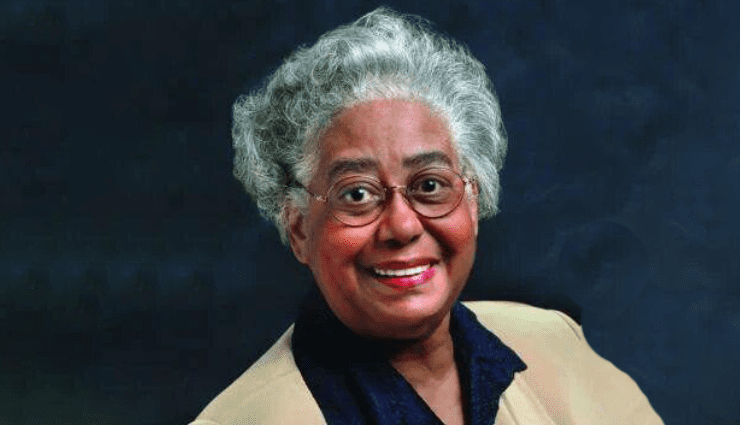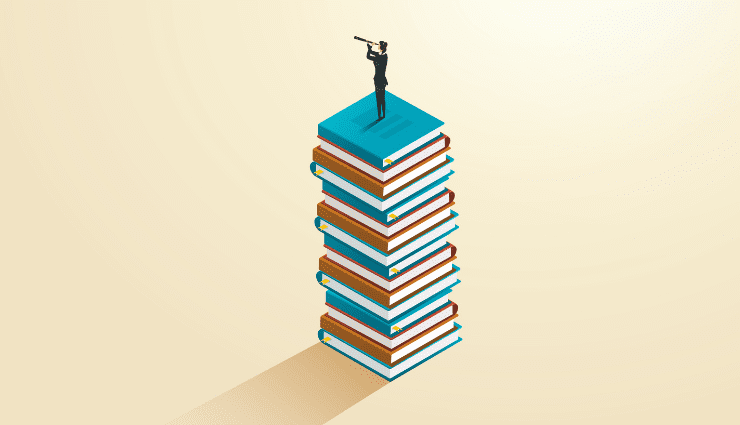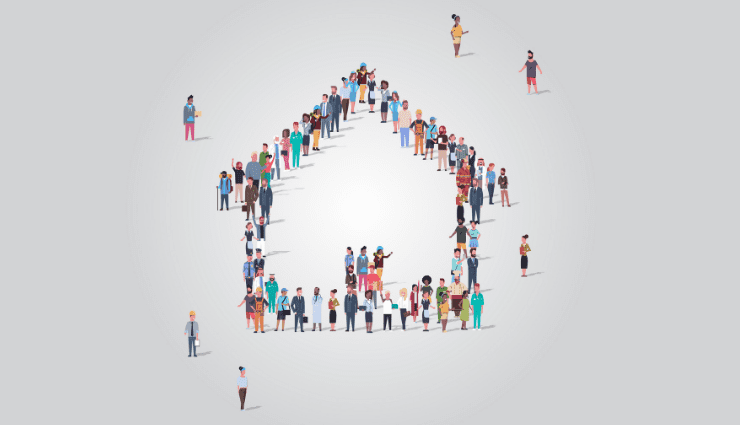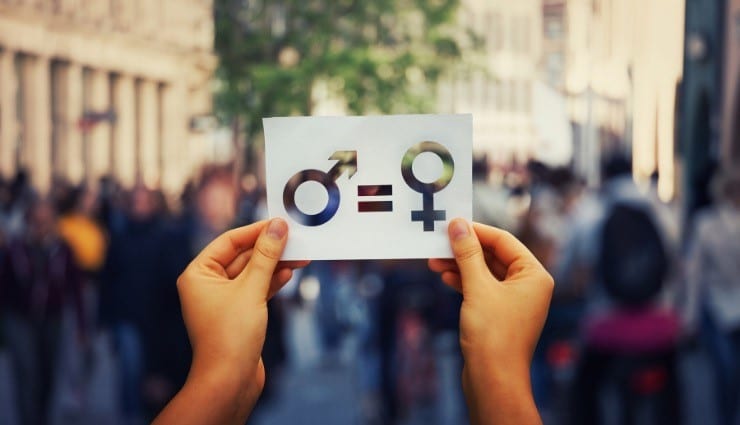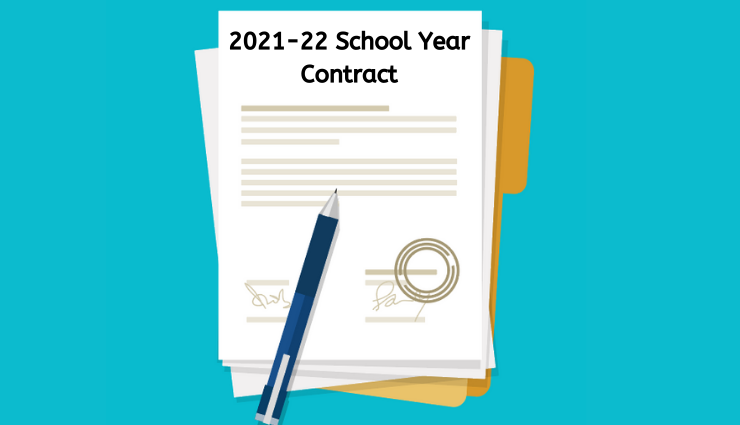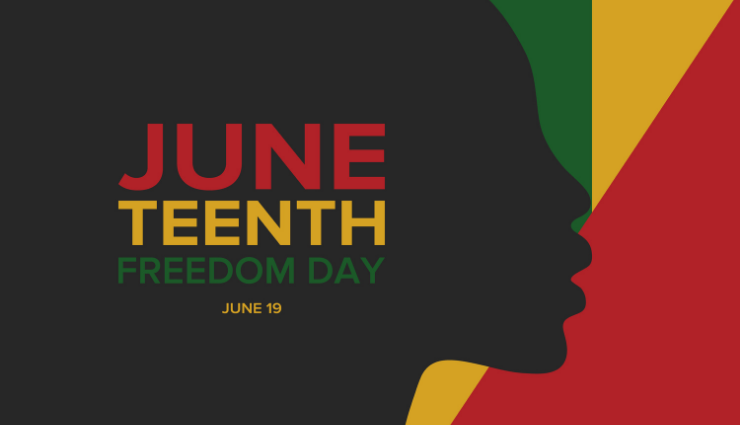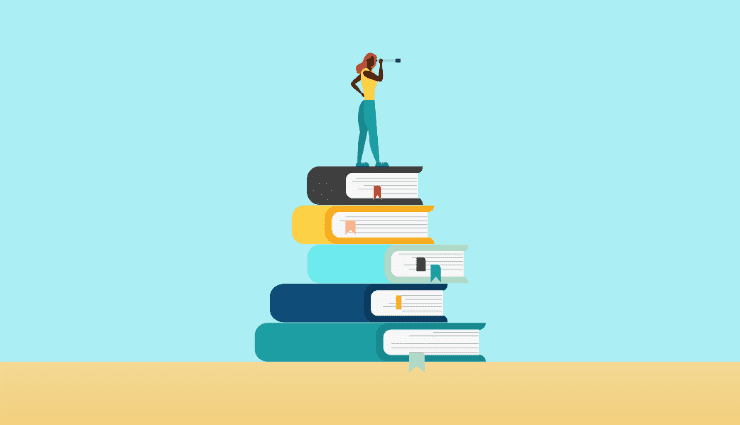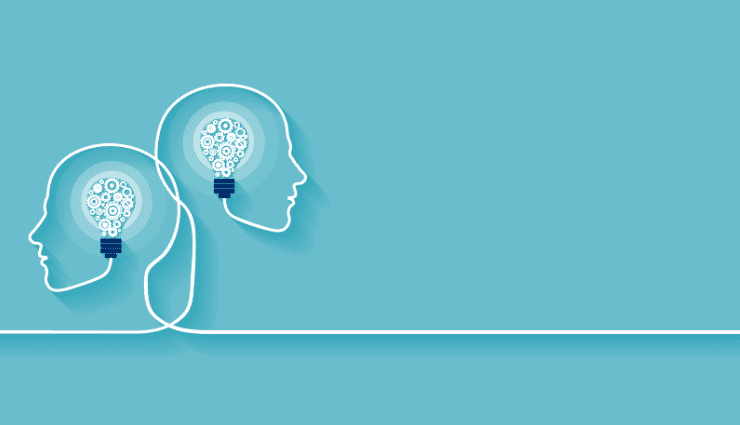Why Teachers Will Never Be Replaced by AI
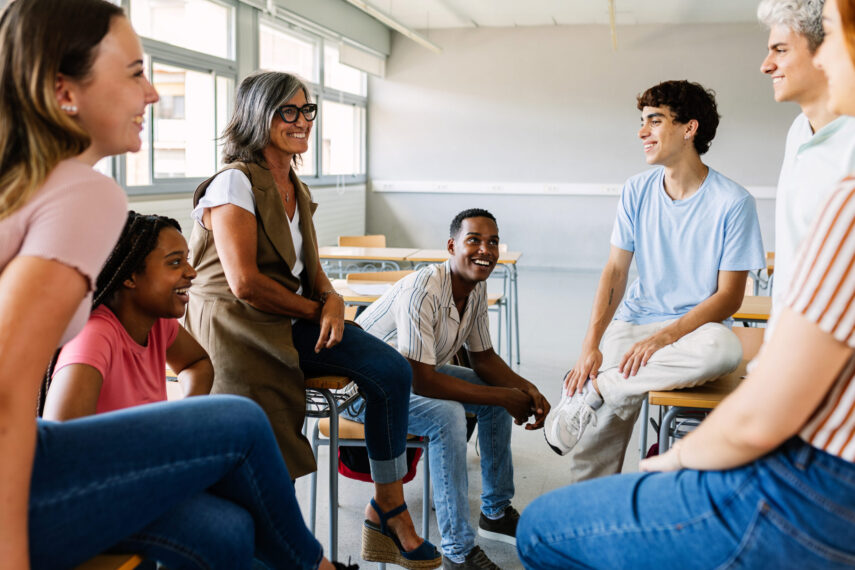
It’s hard to escape the chatter about artificial intelligence these days. The promises, the warnings, and the endless predictions are overwhelming at times. AI seems to be everywhere at once, poised to reshape our lives in ways big and small.
There’s a certain duality to the public mood: fascination laced with fear. On one hand, AI dazzles with its speed and seemingly limitless capacity. On the other, it stirs an uneasy question: Whose job will be eliminated next?
What’s becoming clear, though, is that AI isn’t designed to replace us entirely. Its promise, in theory, is to take on the tedious, time-consuming tasks that keep us from the human connections at the center of life. That’s where the conversation about the future of teaching begins. While AI is steadily making its way into classrooms powering tutoring apps, grading essays, and even personalizing lessons, there remains a realm it cannot touch: the deeply human work of teaching itself.
Teaching Is About Relationships, Not Just Information
AI can deliver content, generate quizzes, and explain the quadratic formula in ten different ways. It can even coach a student through test prep or offer a tidy resolution to a hypothetical problem between friends. But what it can’t do is see the full, complicated humanity of a classroom.
Teachers build trust over time. They learn the quirks of each student. Who is the quiet one in the back, the one who lights up during science experiments, the one whose confidence falters just before a breakthrough? This insight shapes daily learning, blending each student’s personality and interests to spark meaningful growth and lasting achievement in all areas of their life.
Learning Is Social and Emotional
More than ever, teachers understand the importance of social-emotional learning. These are the lessons that help students navigate relationships, develop empathy, and see themselves as part of a larger community. Students learn best when they feel safe, supported, and truly seen. Teachers notice the things no algorithm can: the tear hastily wiped away after a rough morning, the burst of laughter that ripples through the room after a well-timed joke. A classroom is not just a place for content delivery, it is a living, breathing community. That kind of humanity simply can’t be programmed.
Teachers Teach More Than Facts
AI can dispense knowledge but teachers cultivate wisdom. They teach students to think critically, to collaborate, to wrestle with ethical dilemmas, to connect what they learn to the wider world. AI can give you the “what.” Teachers help you discover the “why” and the “how.”
Education Is About Inspiration, Not Just Instruction
Ask anyone to name a teacher who changed their life, and the story that follows will rarely be about test scores or lesson plans. More often, it will be about the inspired curiosity, the a-ha moments, the confidence built, or the dreams made possible. AI can supply information but inspiration requires passion, presence, and purpose which are the distinctly human qualities teachers bring to the classroom every day.
Teachers Adapt in Ways AI Can’t
No two classrooms are the same. No two students learn in exactly the same way. Teachers adjust lessons in real time, read the room, and make split-second decisions shaped by experience and empathy. AI works within the boundaries of its programming while teachers work with their hearts and minds.
The Future: Teachers with AI, Not Teachers vs. AI
The real promise of AI in education is not replacement but partnership. Let it automate the multiple-choice tests, let it handle the practice quizzes so teachers are free to do what they do best: connect with students, encourage curiosity, and help young people grow not just academically, but as human beings. Ultimately, AI may transform many aspects of education but the heart of the classroom will always belong to teachers.

